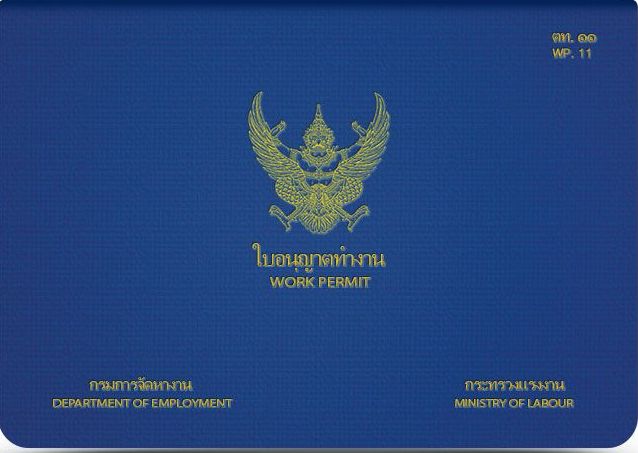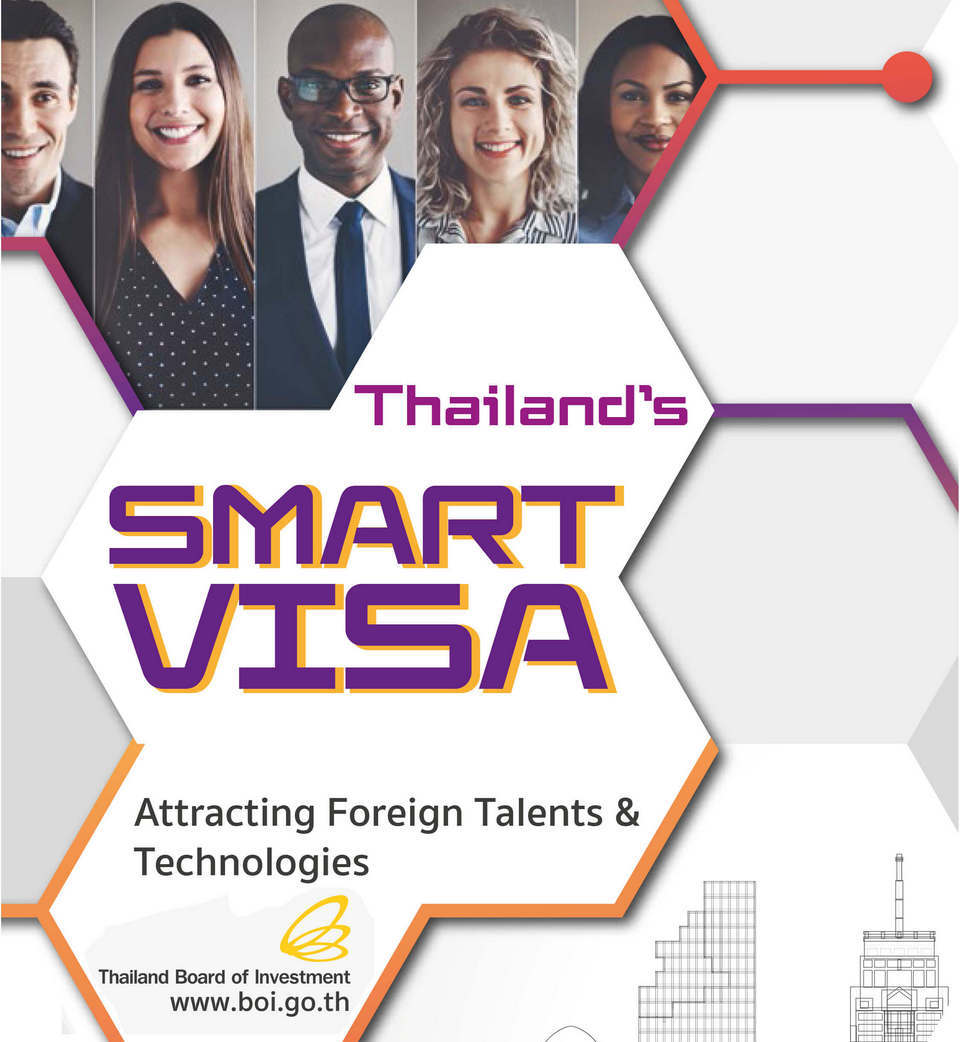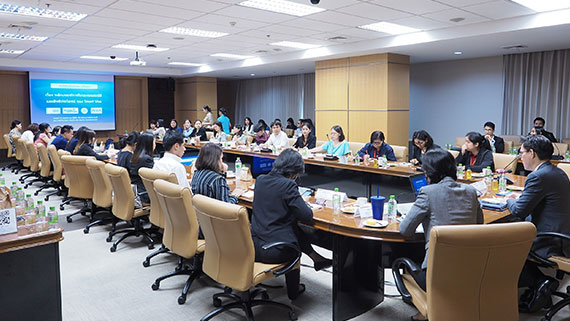
It’s always a complex subject – still is – but several important changes have occurred in the period 2018-20. Fewer activities now require a work permit and the penalties for breaches are less draconian than before.
The Smart visa does not require a work permit
It is often claimed that no Thai visa allows you to work without a permit. Not so. In 2018, the four-year Smart visa was introduced to attract skilled manpower, investors, executors and starting entrepreneurs to work in targeted hi-tech industries such as next generation automotives, smart electronics and food for the future. Support from the Board of Investment for the endorsed company is essential to obtain this visa which is increasingly appropriate for the Thai government’s “S”curve industries in the futuristic Eastern Economic Corridor of which Pattaya is actually a part.

Thailand Elite visa and definitions of working
The Thai Elite is not a work permit. None the less, it is equally as suitable for regular if short visits by business people as it is for retirees. The old days when you technically needed a work permit to attend a seminar are gone. In 2018, a Royal decree stated that participating in a conference, a trade show or a workshop, or giving a lecture or even performing cultural or sports activities were no longer deemed to be “work” under the new regulation which replaced sections of the all-embracing Alien Workers’ Act of 2008. In August 2020, the CCSA (Covid-19 Situation Administration) for Thailand announced that the Elite visa was included in the categories of persons who can apply for a certificate of entry from the Thai embassy in their home country. The dawning reality that Elite can now be used for short-term business is fuelling a rapid rise in the number of international applications.
Some voluntary work doesn’t require a work permit
This is most certainly not stated anywhere in official documentation. But the Royal decree of 2018 changed the definition of work, in part, from “engaging in activity with or without the intention to obtain wages or any other benefit” to “the engagement of any profession, with or without an employer,” which is a good deal looser. Another section of the 2018 amendment stated that exemption from a work permit now included “those who possess knowledge and a high level of skill beneficial to Thailand’s development”. Much will depend on the attitude of the Labour Office and the immigration authority in a particular area. But genuine volunteers – let’s say retirees teaching English to Buddhist monks or expats helping out with animal welfare organizations or university graduates participating in a medical internship – should find that there is no requirement in future for a work permit. Incidentally, it should be noted that the so-called “volunteer visa” (actually a non-immigrant “O” 90-day permission), now in the news as a possible option for visa-amnesty foreigners after September 26, is not available or recognized in some Thai provinces unless linked to a registered company or organization.

More than one job with a Thai work permit
Foreigners with a work permit are no longer restricted to performing only one type of work defined in the documentation and do not need to do their duties in a single location. They can even change employer or have an additional employer, as long as all changes are registered with the Labour Office to avoid any misunderstanding. Meanwhile the employment authorities are working towards the abolition of the standard work permit, to be replaced by a smart card. The list of occupations which foreigners may follow in Thailand is also being expanded regularly. Banning is now largely restricted to un/semi-skilled labour (migrant workers from neighboring countries are separate), Thai handicraft production and judicial and legal positions. Interestingly, tour guides and secretaries are still technically outlawed by the legislation.
Penalties for offenders have softened too
Working without a work permit, or straying beyond its scope, used to attract heavy fines up to 100,000 baht and the threat of a jail sentence. But now the foreigner faces a maximum fine of 50,000 baht and no prison sentence. None the less, the immigration police still have the final say if deportation is mooted. Employers, who used to face fines of up to 800,000 baht for illegally employing a foreigner, now are look at 100,000 baht maximum. Unless they make a habit of it.




